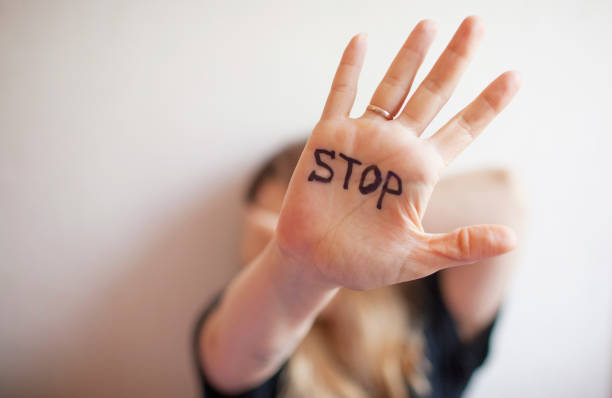The Protection of Children from Sexual Offences (POCSO) Act, 2012: A Guide
Understanding the Law and How It Works

The Protection of Children from Sexual Offences Act, 2012 is what POSCO stands for.
India passed a unique rule to shield kids from pornography, sexual abuse, and sexual harassment. It outlines a number of crimes against minors and stipulates severe penalties for offenders.

Among the POSCO Act's salient elements are:
Extensive definition of child sexual abuse: The Act includes pornography, sexual harassment, and both penetrative and non-penetrative sexual assault as forms of sexual abuse.
Child-friendly procedures:The Act guarantees that the child's interests are safeguarded throughout the entire process by establishing unique protocols for reporting, documenting evidence, investigating, and trying violations.
Strict penalties: The Act stipulates that individuals who violate minors faces severe penalties, such as fines and incarceration.
Special courts: In order to expedite the trial of offenses under the Act, special courts are to be established.
An important step in shielding Indian children from sexual abuse is the POSCO Act. Many criminals have been convicted as a result, and it has contributed to raising awareness of child sexual abuse.
In India, a comprehensive law known as the Protection of Children from Sexual Offences (POCSO) Act, 2012, was created to shield kids from sexual abuse, harassment, and exploitation. This is how it operates:
1. Reporting:

Mandatory Reporting: It is legally required for anybody with knowledge or suspicion of a sexual offense against a child to report it. This applies to parents, educators, medical professionals, law enforcement, and everyone else.
Channels for Reporting: You can file a report with the National Commission for Protection of Child Rights (NCPCR), the Child Welfare Committee (CWC), or the local police station.
2. Research:
Child-Friendly Procedures: To minimize trauma to the victim, the inquiry procedure is made kid-friendly. Special Juvenile Police Units (SJPUs) are among them: Police cases involving child sexual abuse are handled by specially trained officers.
Confidentiality: Preserving the child's privacy at all times.
Use of Child-Friendly Techniques: Using strategies such as using intermediaries to collect evidence and asking child-friendly questions.
3. Court Cases:
Special Courts: In order to expedite the trial of violations under the Act, special courts must be established.
The following are severe penalties: For anyone found guilty of child sexual abuse, the Act stipulates severe penalties, including as jail time, fines, and in certain situations, the death penalty.
4. Assistance for Victims:
Medical Assistance: Providing the victim with the required medical care and treatment;
Psychological Counseling: Offering the victim and their family psychological counseling and support; and,
Rehabilitation: Helping the victim recover and get back on their feet.
Important Aspects of the POCSO Act:

Extensive Definition of Child Sexual Abuse: Both penetrative and non-penetrative sexual assault, sexual harassment, and pornography are all considered forms of sexual abuse under the Act.
The Act places a high priority on the protection and well-being of children across the legal system.
Child-Centric Approach: The Act highlights the significance of prevention and awareness-raising initiatives to inform children and the general public about child sexual abuse.
Please notify the authorities right once if you suspect or know of any child sexual abuse.
Warning: This information is not legal advice; rather, it is for general awareness. See a skilled legal professional for specific legal advice.












































































































































































































